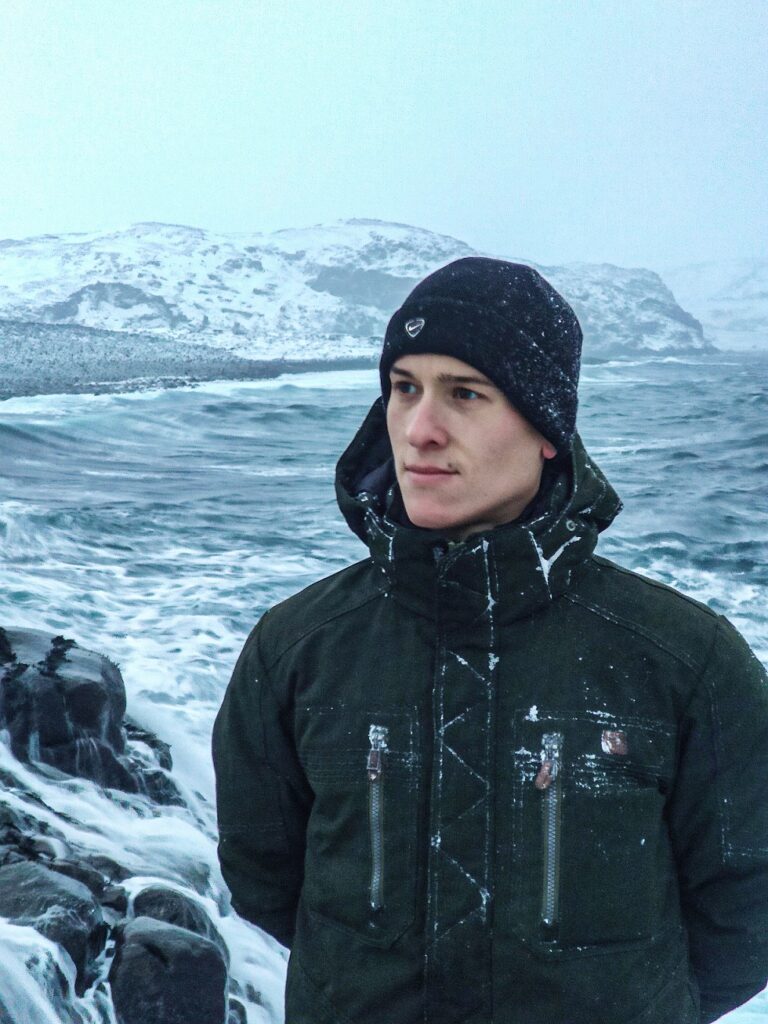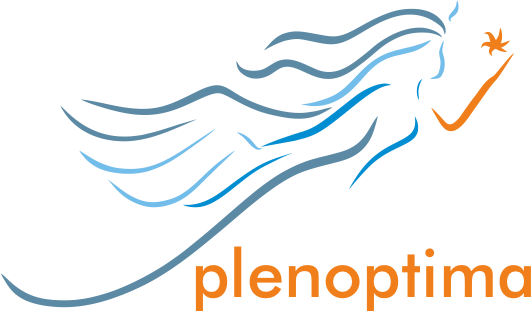Tell me something about yourself?
My name is Mikhail Levchenko, and I was born in Moscow, Russia. My interest in engineering and automation of processes inspired me to study Instrumentation at Moscow Power Engineering Institute (MPEI) for my Bachelor’s and Master’s degrees. To get practical experience, I was motivated by a teacher to work as an electronics technician at MPEI where I developed new electronic stands for the laboratory. During my Master’s studies, I worked as an electronic engineer for a project where I designed the hardware and the software for security devices. The outcome of my job was security equipment based on thermal visors and cameras.

Why did you apply to the PLENOPTIMA project?
With my background and well-grounded experience in the field of technology, I realized that my passion motivates me to pursue research work as it is a kind of art for me. I believe advancements in knowledge and inherent imagination can serve as catalysts on your innovation journey. The foundations built in optics and nondestructive testing at the university level helped me in my DIY projects and stimulated me to apply for the ESR15 position and learn in-depth about plenoptic imaging. Furthermore, one of my hobbies is travelling, and it was always interesting to find out what it is like to live in a foreign country. PLEMOPTIMA gives opportunities to enhance skills and knowledge, meet new people, and exchange cultural experiences.
What kind of expectations do you have for your research project and the upcoming network training?
For my research project, I expect to develop algorithms for processing dynamic speckle patterns and to denoise the extracted maps of activity. The second task is to improve compression algorithms of speckle data. Simultaneously, I expect to broaden my knowledge in machine learning, computer vision, and optics. The process of network training will provide me with an opportunity to communicate with other ESRs and to discuss with them how to tackle problems and provide solutions relevant to our respective projects. As a result, it would be great if we become colleagues and good friends who could develop joint projects and startups in the future.
Current Status of the Project
In the first part of the project, I studied DSI algorithms which are used to build images, containing information about speed of processes ongoing within the object. Mainly, my work was focused on application of dynamic speckle methods in non-destructive testing filed. First, I studied quality of speckle images , captured in laboratory and factory conditions. Based on the results was developed a small miniature device, that can be attached to a smartphone. This device allowed to conduct research outside the laboratory. Another research that I worked on was finding the dependence of speckle activity on object temperature and building calibration characteristic. Further research will make it possible to create an analogue of a thermal imager.
Mikhail works as Early Stage Researcher at the Institute of Optical Materials and Technologies at the Bulgarian Academy of Sciences (IOMT_BAS), Bulgaria, and his research topic is “Analysis and Compression of Dynamic Speckle”.

